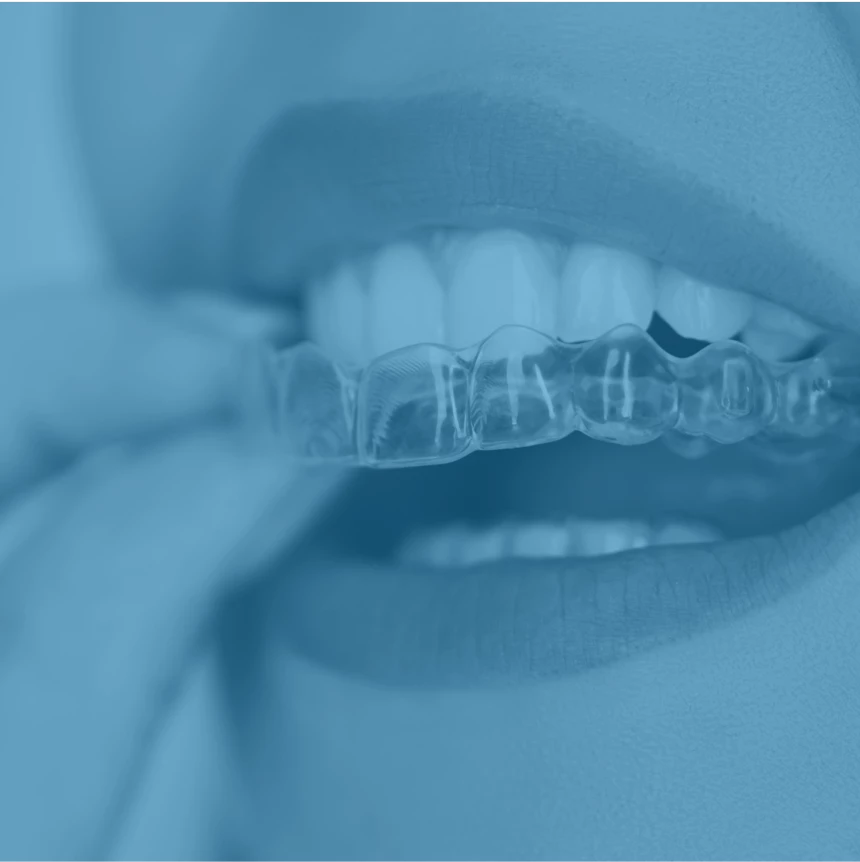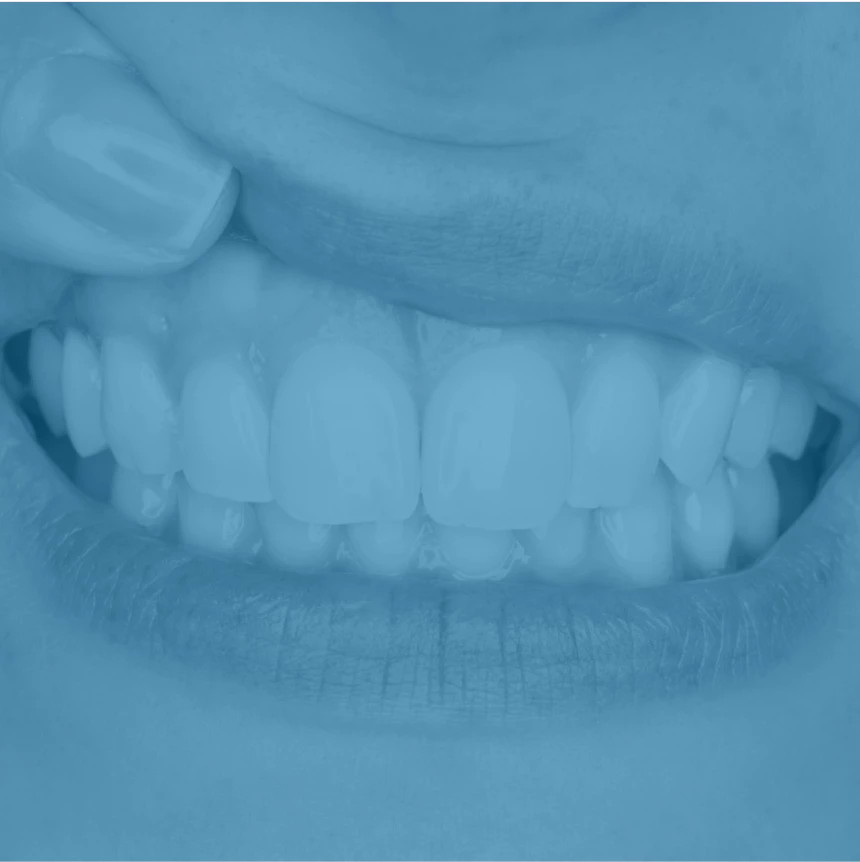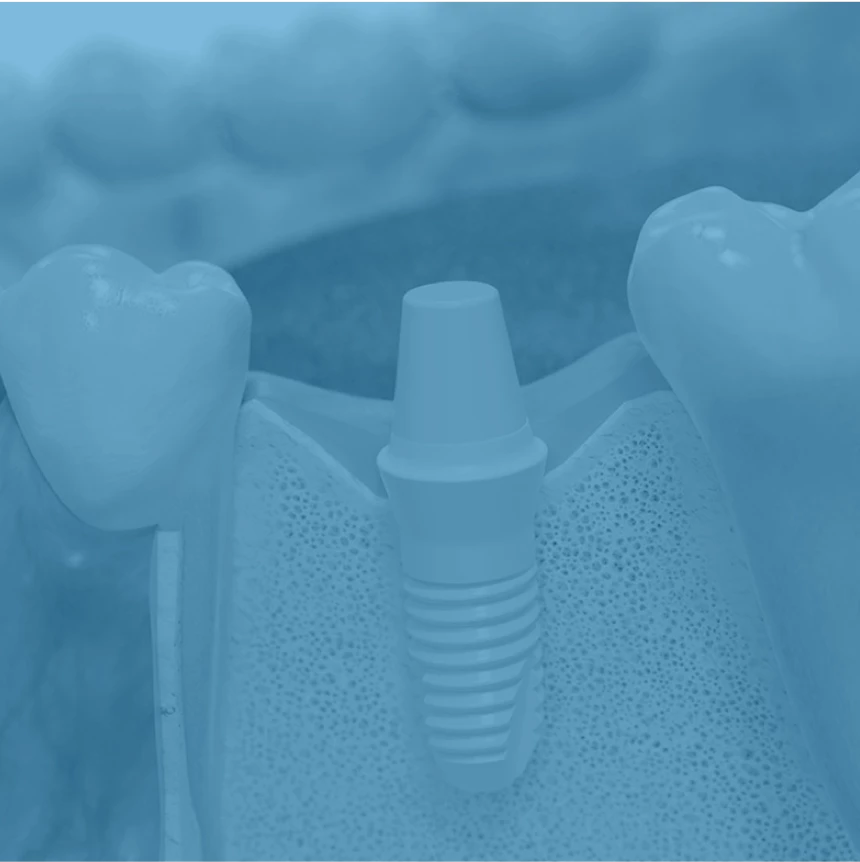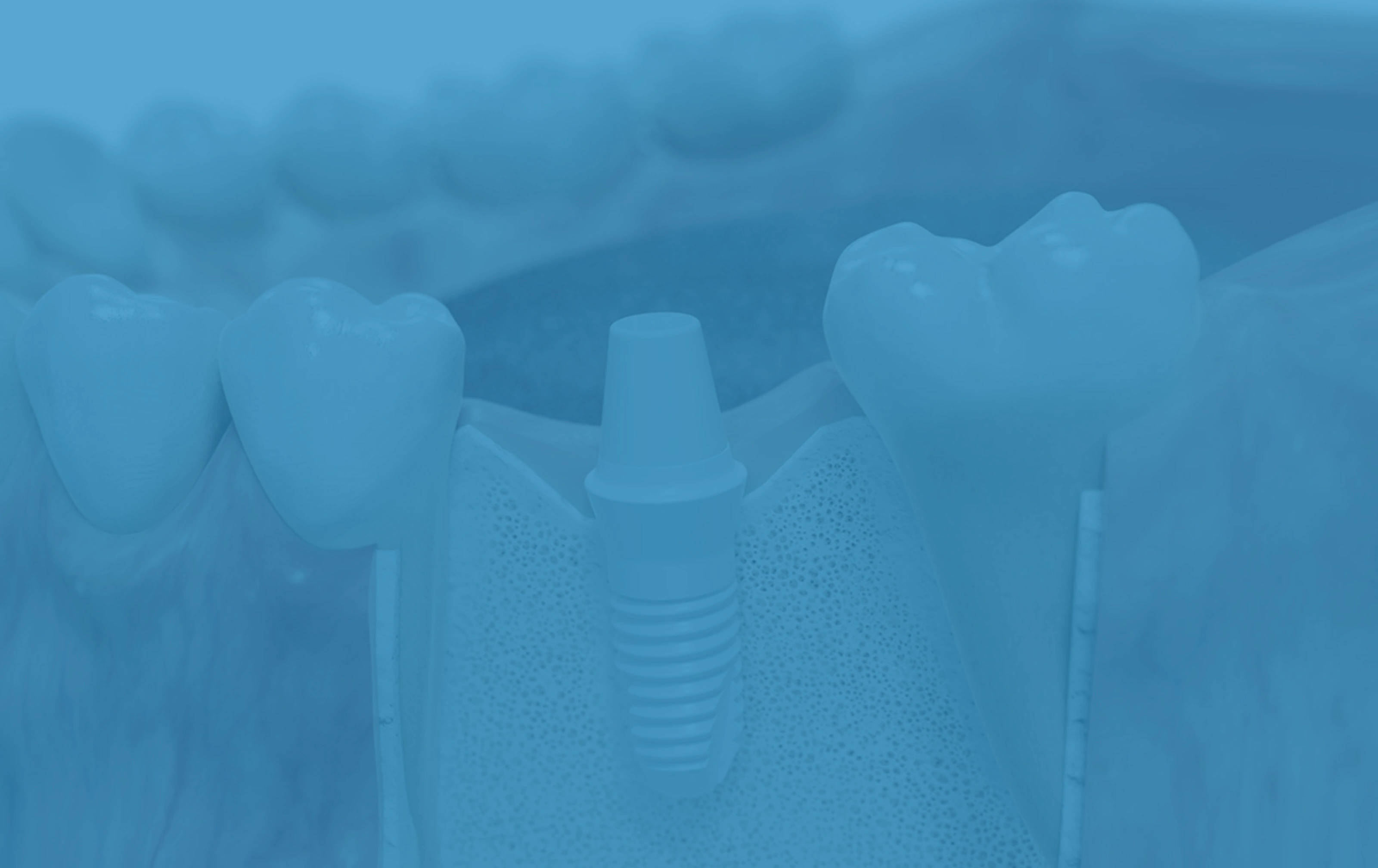
Titanium and ceramic implants
Titanium implants are the most common, but we offer ceramic options (zirconia) for those who prefer to avoid metals in the mouth or have allergies.
Dental implants are currently the most requested treatments to recover those lost teeth. Titanium implants, the most used, were “discovered” more than 50 years ago.
The dental implant is a titanium “screw” or a titanium alloy that replaces the root of the natural tooth. In other words, it is natural. Then the tooth, the crown, must be made, which will be attached to the implant by means of a fixing screw.
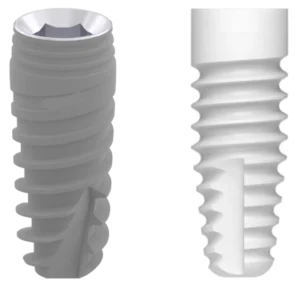
Currently, and for all those people who do not want to have metal implants or have allergies, we can use ceramic implants (zirconia). The function is the same: to replace the lost natural tooth.
Whatever material is used in dental implants, these are inside the maxillary or mandibular bone. Therefore, we must be able to have the necessary volume of bone. This is where bone regeneration helps us, as we have mentioned in the section of Oral and Maxillofacial Surgery.
In some patients, and due to severe periodontal problems or having lost teeth long before, there is a serious lack of bone. If this lack is in the upper jaw, we have a surgical possibility: zygomatic implants. These implants are longer than the rest of the implants and are anchored to the malar bone. Subsequently, fixed teeth are placed.
Another possibility that we have at the Dental Clinic of Dr. Oriol Cantó are subperiostic implants. These implants are used in patients where there is a significant lack of bone in the upper jaw and/or mandibular. If, once the study has been done using images in 3 Dimensions, we see that it is not possible or advisable to do a large bone reconstruction, sub-periostic implants can be the solution. These implants are made to measure for each patient and are placed on the bone, not within the bone, and covered by the gum. The idea is to be able to put provisional fixed teeth on the same day of surgery, to later be able to make definitive teeth, as is also done with zygomatic implants.
Implant surgery is performed under local anaesthesia and, if you wish, with a small conscious sedation.
Titanium and ceramic implants
Book an appointment
Frequently asked questions
What exactly are implants?
Dental implants are an imitation of the natural roots of the teeth, made of titanium, titanium or ceramic alloy (zirconia). Like the natural root, the implant is embedded in the maxillary bone and serves as a support for future teeth. The new dental pieces are fixed to the artificial root, with firmness and softness. The appearance of the implant is very natural and pleasant, being the improvement that we have today to replace the lost teeth.
How do I know I need an implant?
When one or more teeth has been lost, regardless of the causes of the loss, they must rest. It can also be suitable to replace damaged teeth and cannot be recovered. The implants offer good results after more than 50 years of clinical history.
In addition, thanks to implants, it is possible to prevent the bone of the jaws from losing volume and damaging other tissues that deteriorate the appearance of the face, causing an aged appearance or the formation of wrinkles.
If my maxillary bone is so small that it does not allow an implant, what solution is there?
For these cases there are different alternatives, including bone regeneration, from bone and/or ginger grafts, with bioengineering techniques, zygomatic or subperiostic implants. Thanks to advances in implantology, bone rehabilitation has a very high success rate.
Will teeth be durable and natural?
The duration of implants is the same as that of natural teeth. The teeth placed by dental implants will look like your own, since it is not only the objective of implantology to recover functionality, but aesthetics play a fundamental role in the comfort and self-esteem of the patient. The results will surprise you.

